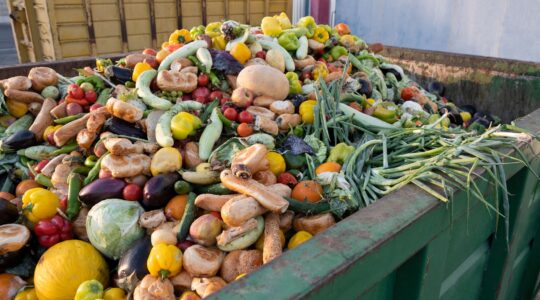The Reserve Bank has decided to keep interest rates unchanged despite slower than expected moderation of inflation.
The Reserve Bank Board issued a statement today confirming that the cash rate would be unchanged at 4.35 per cent and the interest rate paid on Exchange Settlement balances unchanged at 4.25 percent.
“The economic outlook remains uncertain and recent data have demonstrated that the process of returning inflation to target is unlikely to be smooth,” it said.
“Recent information indicates that inflation continues to moderate, but is declining more slowly than expected.
“The CPI grew by 3.6 percent over the year to the March quarter, down from 4.1 percent over the year to December. Underlying inflation was higher than headline inflation and declined by less. This was due in large part to services inflation, which remains high and is moderating only gradually.”
The RBA said higher interest rates were working to bring aggregate demand and supply somewhat closer towards balance but there remained excess demand in the economy, coupled with strong domestic cost pressures.
“Wages growth appears to have peaked but is still above the level that can be sustained given trend productivity growth,” it said.
“Meanwhile, inflation is still weighing on people’s real incomes and output growth has been subdued, reflecting weak household consumption growth.”
Based on central forecasts, the bank still expected inflation to return to the target range of 2–3 per cent in the second half of 2025, and to the midpoint in 2026.
“The persistence of services inflation is a key uncertainty. It is expected to ease more slowly than previously forecast, reflecting stronger labour market conditions including a more gradual increase in the unemployment rate and the broader underutilisation rate,” the bank said.
“At the same time, household consumption growth has been particularly weak as high inflation and the earlier rises in interest rates have affected real disposable income. In response, households have been curbing discretionary spending and maintaining their saving.”








